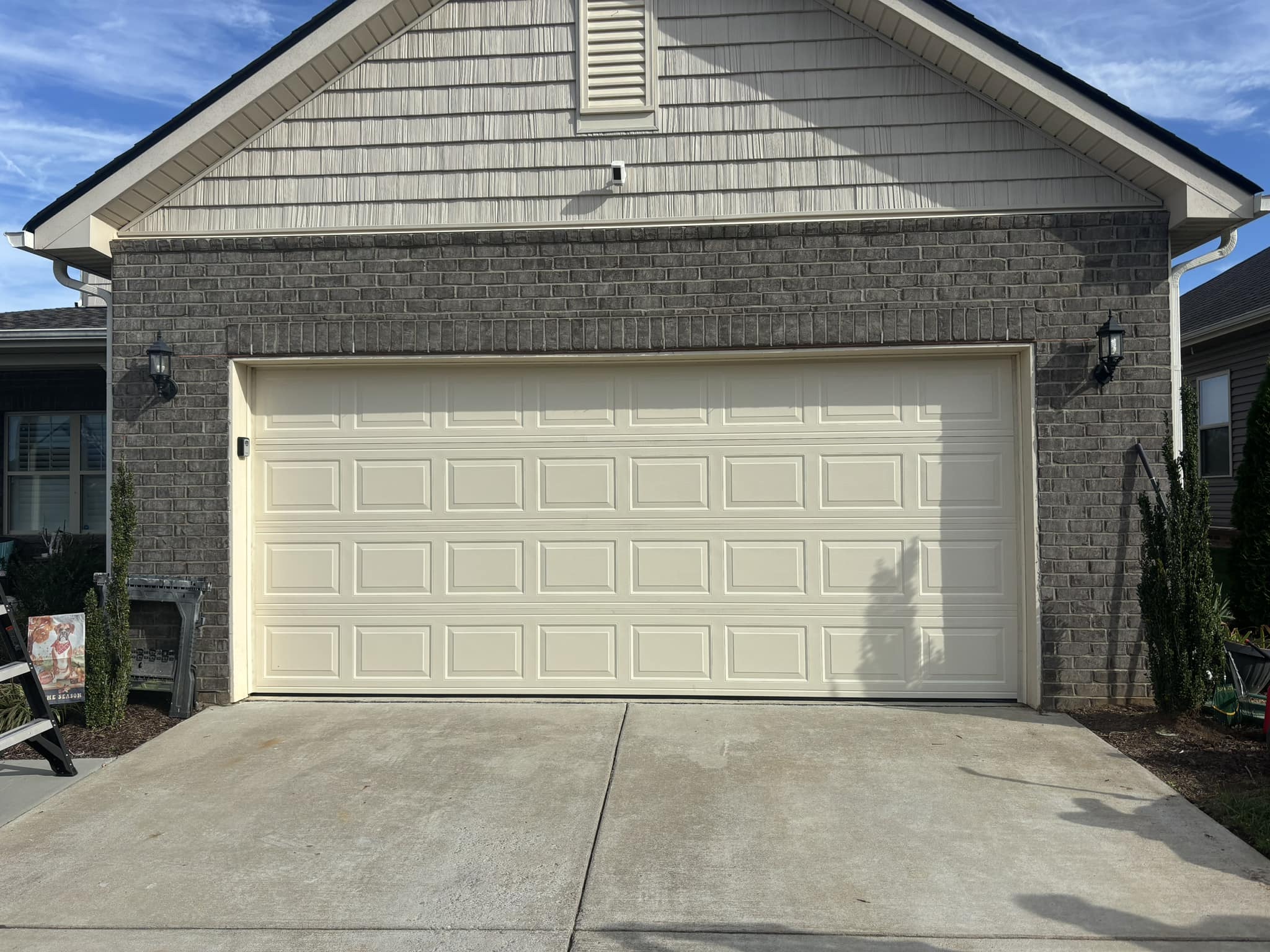
Signs It's Time to Replace Your Garage Door and How to Choose a New One Oct 20, 2025
One of the primary indicators that your garage door needs replacement is excessive noise during operation. If your once-quiet garage door begins creaking, popping, or grinding, this could signify mechanical failure in the springs or opener, which might lead to a complete breakdown if not addressed. Additionally, frequent breakdowns are a clear signal that your garage door's performance is declining. If you find yourself calling a garage door technician more often than not, it is probably time to consider a new door for long-term efficiency and cost-effectiveness.
Energy efficiency is another consideration. Older garage doors often lack proper insulation, leading to higher energy bills. Over time, this can become costly, especially if your garage is attached to the main part of your home. Emergence of dents or significant damage to the door surface can also contribute to poor insulation. Moreover, it diminishes your home's aesthetic value, making replacement an attractive option for homeowners looking to improve curb appeal.
Safety is paramount. If your door does not reverse when hitting an object or fails to respond promptly, it presents a serious risk to family members and pets. Modern garage doors come equipped with advanced safety technologies, ensuring reliable operation and peace of mind. Investing in a new door not only enhances safety but also ensures compliance with the latest safety standards.
When choosing a new garage door, there are several factors to consider. Start by evaluating the material options available. Steel is known for its durability and low maintenance, while wood offers a classic and bespoke look but might require more upkeep. Aluminum doors are lightweight and resistant to rust, making them ideal for humid environments.
The style of your new garage door should complement your home’s architecture. If your home has a traditional aesthetic, consider carriage-style doors or choose sleek, modern designs for a contemporary look. Personalization features such as windows can also add character and natural light to your garage interior.
Insulation is another key factor. An insulated garage door can help regulate your garage's temperature, proving beneficial in both summer and winter, reducing energy costs over time. Look for doors with higher R-values for better insulation performance.
Finally, don't overlook the importance of considering the warranty and the reputation of the manufacturer and installer. Quality products should come with a warranty that covers parts and labor, providing you with peace of mind post-installation.
In conclusion, recognizing when to replace your garage door is crucial for maintaining home safety, efficiency, and aesthetics. By carefully considering materials, style, and insulation, you can make a choice that suits both your preferences and practical needs. At Skyward Garage Door, we are here to help you every step of the way, offering professional advice and installation services to ensure your new garage door serves you well for years to come.
/filters:no_upscale()/media/24c13921-08d6-4e0c-8c79-18e8e9f57f83.jpeg)
/filters:no_upscale()/filters:format(webp)/media/9dd07d4a-e195-4134-bc42-427b086fce40.jpeg)